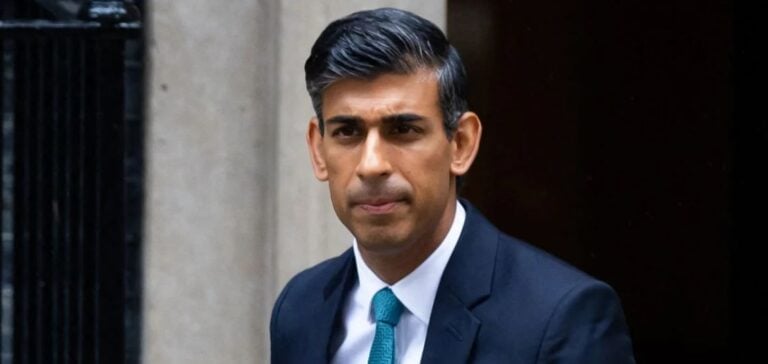The UK announces the development of gas-fired power stations to supplement renewable energy in adverse weather conditions. This decision has sparked controversy, pitting the need for energy security against the country’s climate commitments. The Commission on Climate Change recognizes a limited role for gas in a decarbonized electricity system, while voices are raised against the risk of compromising 2050 carbon neutrality targets.
Pressures and Priorities in Wartime
Russia’s invasion of Ukraine is redirecting British energy priorities, accentuating the quest for energy security. This situation leads to the granting of new permits for oil and gas exploration, despite environmental objections. Greenpeace strongly criticizes the fossil fuel industry’s influence on government decisions, arguing that it could weaken investment in green energy.
Government position on Energy Transition
In the face of criticism, the British government is defending its climate record, pointing out that emissions have been halved since 1990. Energy Minister Claire Coutinho argues that gas is essential to avoid power cuts and ensure the transition to a low-carbon economy. It warns against a reductionist outlook that excludes oil and gas from the energy mix.
Policy and Outlook Divisions
The energy issue is dividing the political scene, particularly in the run-up to parliamentary elections. Opposition Labour’s Ed Miliband criticizes Conservative management of wind power and energy efficiency. Nevertheless, the government is proposing measures to ensure that new gas-fired power plants are compatible with future low-emission technologies, such as carbon capture and hydrogen.
The decision to build new gas-fired power stations in the UK thus raises key questions about the balance between energy security and climate obligations. It should be noted that the planned legislation calls for infrastructures adapted to emerging technologies, as part of an energy transition. In addition, the UK strategy includes guidelines to ensure that new gas-fired plants are prepared to incorporate emissions-reducing solutions, such as carbon capture and storage or the use of hydrogen. These measures reflect a pragmatic approach, aimed at reconciling the imperatives of energy security with ambitions to reduce CO2 emissions. They also highlight the challenges inherent in managing the energy transition in a changing geopolitical and economic landscape.






















